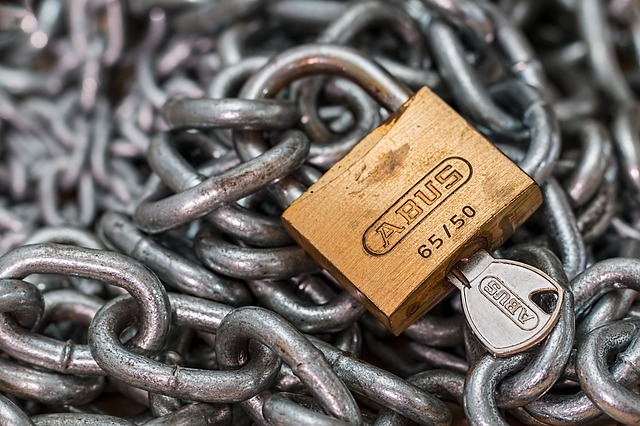
How to safeguard your identity
Millions of Americans are faced with the unfortunate reality of identity theft. With the progression of the internet, so many more people find themselves looking for ways of protecting their identity. If your identity is stolen there are numerous issues that can rise, causing even more financial stress. Fortunately, there are some simple steps you can take to safeguard your identity. By following some of the guidelines and tips, you will be less likely to find yourself in an identity crisis.
-
Guard your social security number
This is the easiest way somebody can steal your identity. Your social security number is linked directly to you and all of your personal information. Be wary of giving out your social security number either in person or online. Of course there will be times when you need to give out your social security, such as for a job application, but always be cautious. Never carry your social security card in your purse or wallet. Let’s face it, we’re all human with the tendency to lose things on occasion. If you lose one of these items or they are stolen, then you risk somebody else finding your SSN and using it.
-
Creating safe passwords
Using the internet is a way that you can expose important information, especially if you have an “easy to crack” password. You will want to make sure all of your passwords have at least one capital letter, one lowercase letter, one number, and one special character. Passwords that have at least one of each are less likely to get hacked. It is also important that you change your password frequently. Set a reminder to change them every 90 or so days, and keep track of the new password somewhere so that you do not forget it.
-
No no to personal information online
Adding to safely using the internet, you will want to make sure a website is secure before typing in any personal information. Websites that are secure will have the “https” in the address field. Most computers also come with protection and will warn you against unsecured websites. Be sure to keep any firewall, virus, and spyware protection programs updated so that you are fully protected.
-
Shredding personal documents
You know all those important pieces of paperwork you receive throughout the year? Well those documents add up and after several years, it is safe to get rid of them. You don’t just want to throw these papers out or simply rip them up. Instead, try shredding so there is no way of reproducing the material that has your personal information attached.
What to do if you believe your identity was stolen
There are several places you will need to contact if you think your identity was stolen. First, contact the Federal Trade Commission, which protects American consumers. You will also want to contact other places as it relates to your stolen identity such as the post office, Social Security Administration, IRS, local police department, or your banking institution.
The number one rule in safeguarding your identity is never letting your social security number get into the wrong hands. Follow the tips above and you will less likely be one of the millions who have to deal with identity theft.
